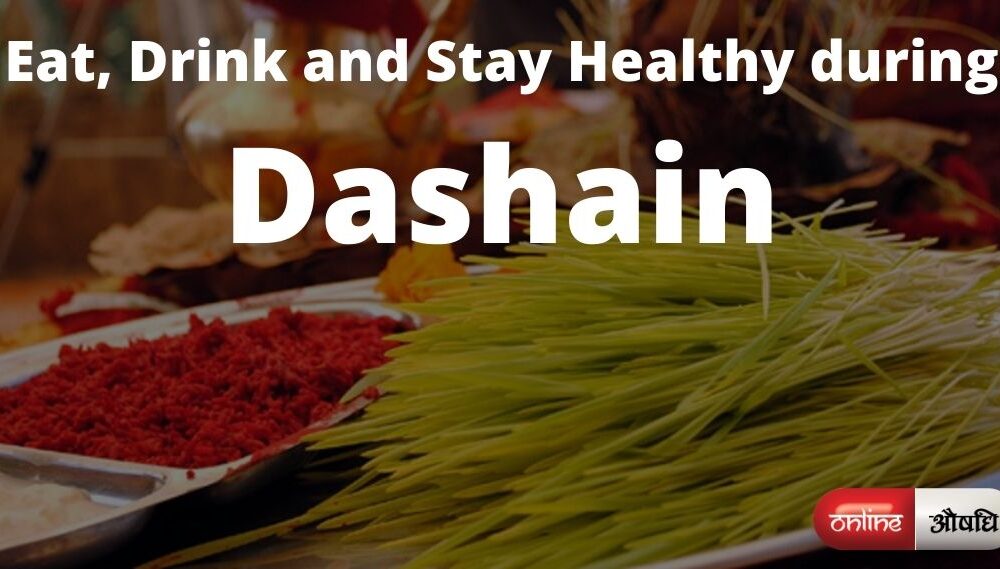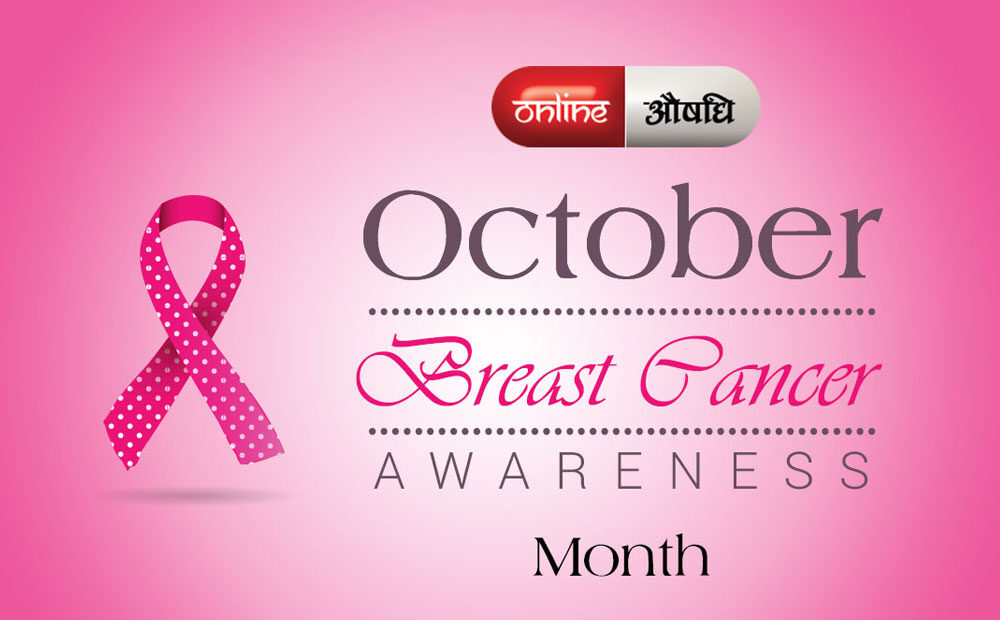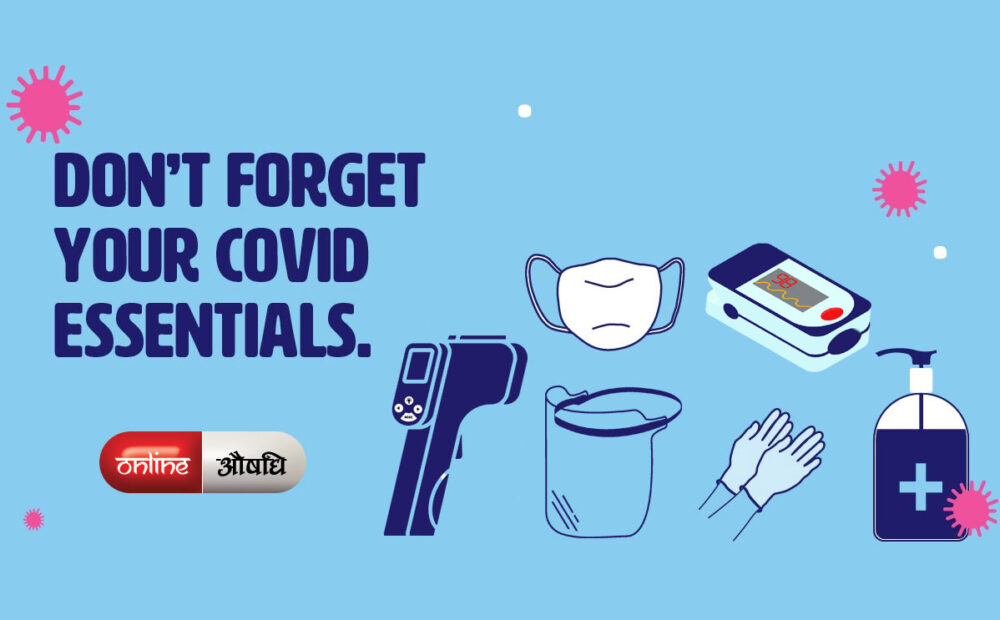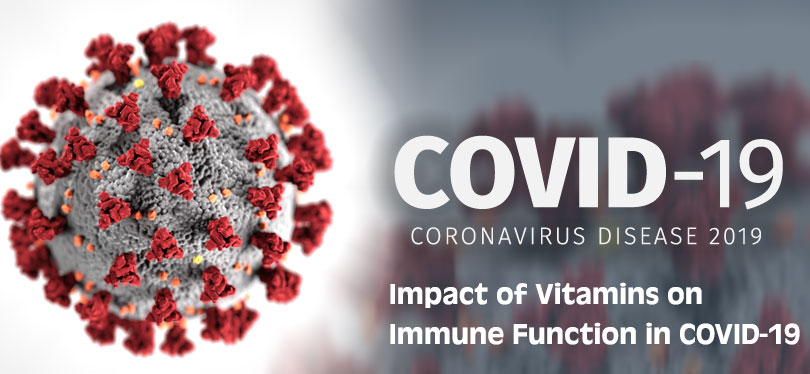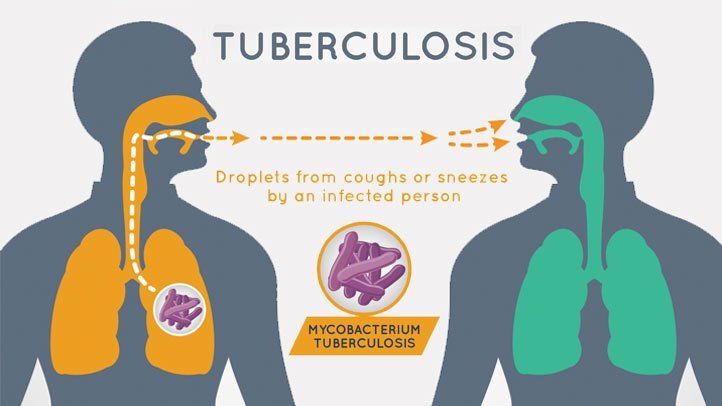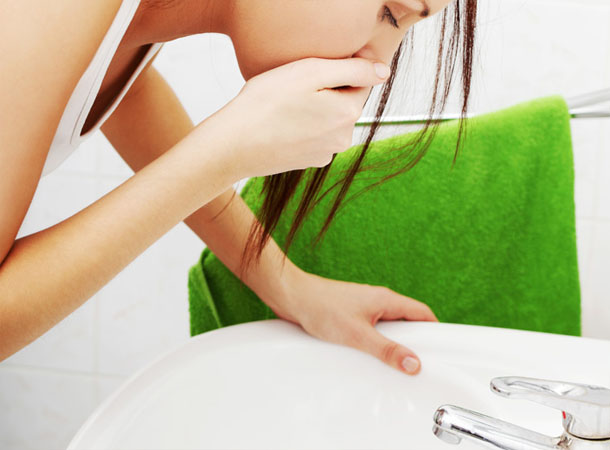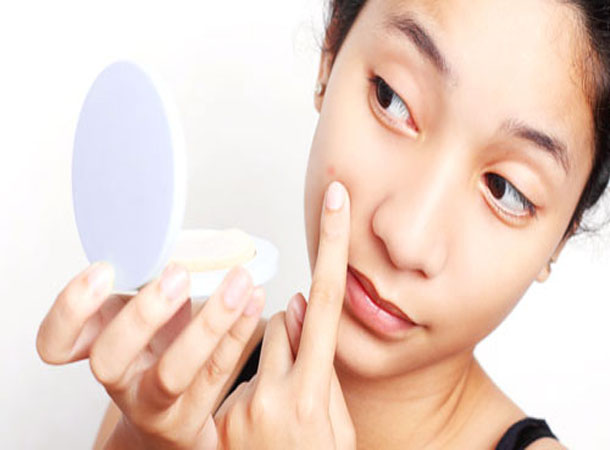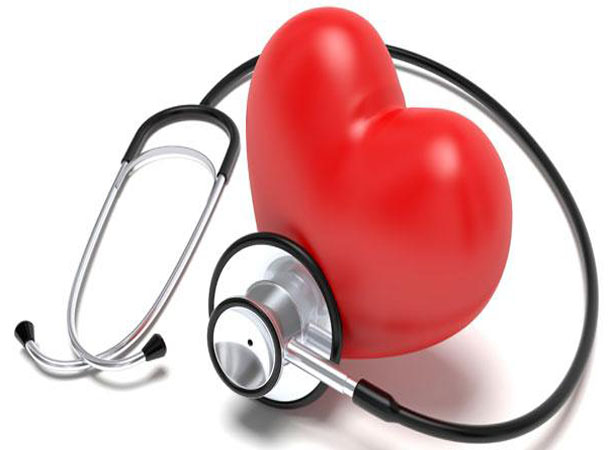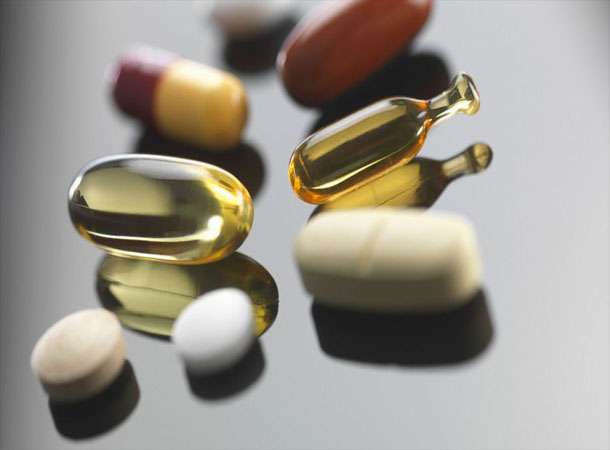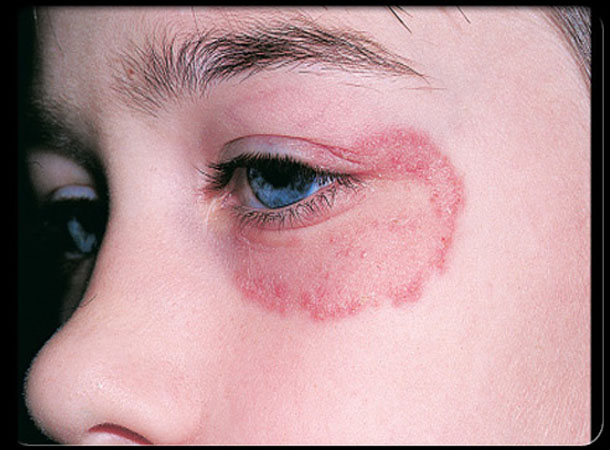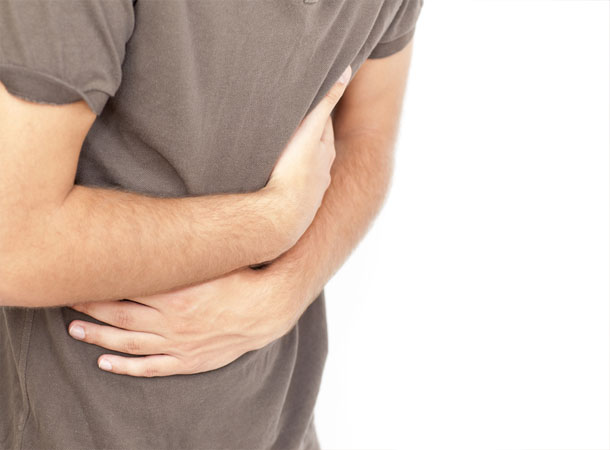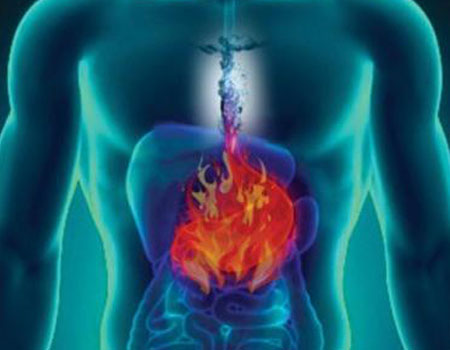The health benefits of mushrooms include relief from high cholesterol levels, breast cancer, prostate cancer, and diabetes. It also helps in weight loss, and increases the strength of your immune system.
1. Cholesterol Levels
Mushrooms themselves provide you with lean proteins since they have no cholesterol or fat and are very low carbohydrates. The fiber and certain enzymes in mushrooms also help lower cholesterol levels. Moreover, the high lean protein content in mushrooms helps burn cholesterol when they are digested. Balancing levels of cholesterol between LDL cholesterol (“bad” cholesterol) and HDL (“good” cholesterol) is essential in the prevention of various cardiovascular diseases like artherosclerosis, heart attack, and stroke.
2. Boost your immune system
A study done on mice and published by the American Society for Nutrition found that white button mushrooms may promote immune function by increasing the production of antiviral and other proteins that are released by cells while they are trying to protect and repair the body’s tissues. A later study showed that these mushrooms promoted the maturation of immune system cells–called dendritic cells–from bone marrow. According to he researchers, this may help enhance the body’s immunity leading to better defence systems against invading microbes.
3. Breast Cancer & Prostate Cancer
Mushrooms are very effective in preventing breast and prostate cancer due to the significant presence of various polysaccharides, like Beta-Glucans and conjugated Linoleic Acid, which both have anti-carcinogenic effects. Out of these two, linoleic acid is particularly helpful in suppressing the harmful effects of excess estrogen. This increase in estrogen is one of the prime causes for breast cancer in women after menopause. The Beta-Glucans, on the other hand, inhibit the growth of cancerous cells in cases of prostate cancer, and numerous studies have shown the antitumor properties of mushrooms when applied medicinally.
4. Diabetes
They have no fats, no cholesterol, very low levels of carbohydrates, high protein content, and a wealth of vitamins and minerals. They also contain a lot of water and fiber. Moreover, they contain natural insulin and enzymes which help the breaking down of sugar or starch in food. They are also known to contain certain compounds which help proper functioning of the liver, pancreas and other endocrine glands, thereby promoting the formation of insulin and its proper regulation throughout the body. Diabetics often suffer from infections, particularly in their limbs, which tend to continue for long periods of time. The natural antibiotics in mushrooms can help protect diabetics from these painful and potentially life-threatening conditions.
5. Bone Health
Mushrooms are a rich source of calcium, which is an essential nutrient in the formation and strength of bones. A steady supply of calcium in the diet can reduce your chances of developing conditions like osteoporosis, and can also reduce joint pain and general lack of mobility that is associated with bone degradation.
6. Improved nutrition
One dietary analysis4 found that mushroom consumption was associated with better diet quality and improved nutrition. Increasing vitamin D levels through your diet: Consuming dried white button mushroom extract was found to be as effective as taking supplemental vitamin D2 or D3 for increasing vitamin D levels.
7. Weight management
One study2, 3 found that substituting red meat with white button mushrooms can help enhance weight loss. Obese participants with a mean age of just over 48 years ate approximately one cup of mushrooms per day in place of meat. The control group ate a standard diet without mushrooms.
8. Immune System Strength
Ergothioneine, a powerful antioxidant present in mushrooms, is very effective in providing protection from free radicals as well as boosting the immune system. It is actually an amino acid that contains sulfur, which is something that many people are deficient in, despite not knowing it or seeing its effects. That being said, the presence of this “master antioxidant” which is unique to mushrooms, can give you a major boost to immune system health. It helps to eliminate free radicals, which are the dangerous compounds that are released during the metabolic processes of cells, and can float throughout the body and cause significant damage and disease, so antioxidants, like ergothioneine, are vital elements for overall health.
9. Blood Pressure
Studies of various types of mushrooms, including shitake and maitake mushrooms, have shown them to be high in potassium content. Potassium acts as a vasodilator, relaxing tension in blood vessels and therefore reducing blood pressure. High blood pressure is connected to a number of deadly conditions, particularly heart attacks and strokes. Potassium also increases cognitive function, because increased blood and oxygen flow to the brain stimulates neural activity. Studies have shown that increased levels of potassium improve memory and knowledge retention.
10. Be good to your bladder
An analysis of seven studies—published last year in Cancer Epidemiology, Biomarkers & Prevention—showed that the higher the level of selenium, as measured in blood serum and toenails, the lower the risk of bladder cancer. Selenium had a significant protective effect mainly among women, which the researchers believe may result from gender-specific differences in this its accumulation and excretion. Several types of mushrooms are rich in this essential trace mineral: 100 grams of raw crimini have 47 percent of your daily needs, cooked shiitakes have 45 percent and raw white button have 17 percent.
Sources:
http://articles.mercola.com/sites/articles/archive/2013/05/13/mushroom-benefits.aspx
http://www.besthealthmag.ca/best-eats/nutrition/5-health-benefits-of-mushrooms?slide=1
http://www.wisegeek.org


